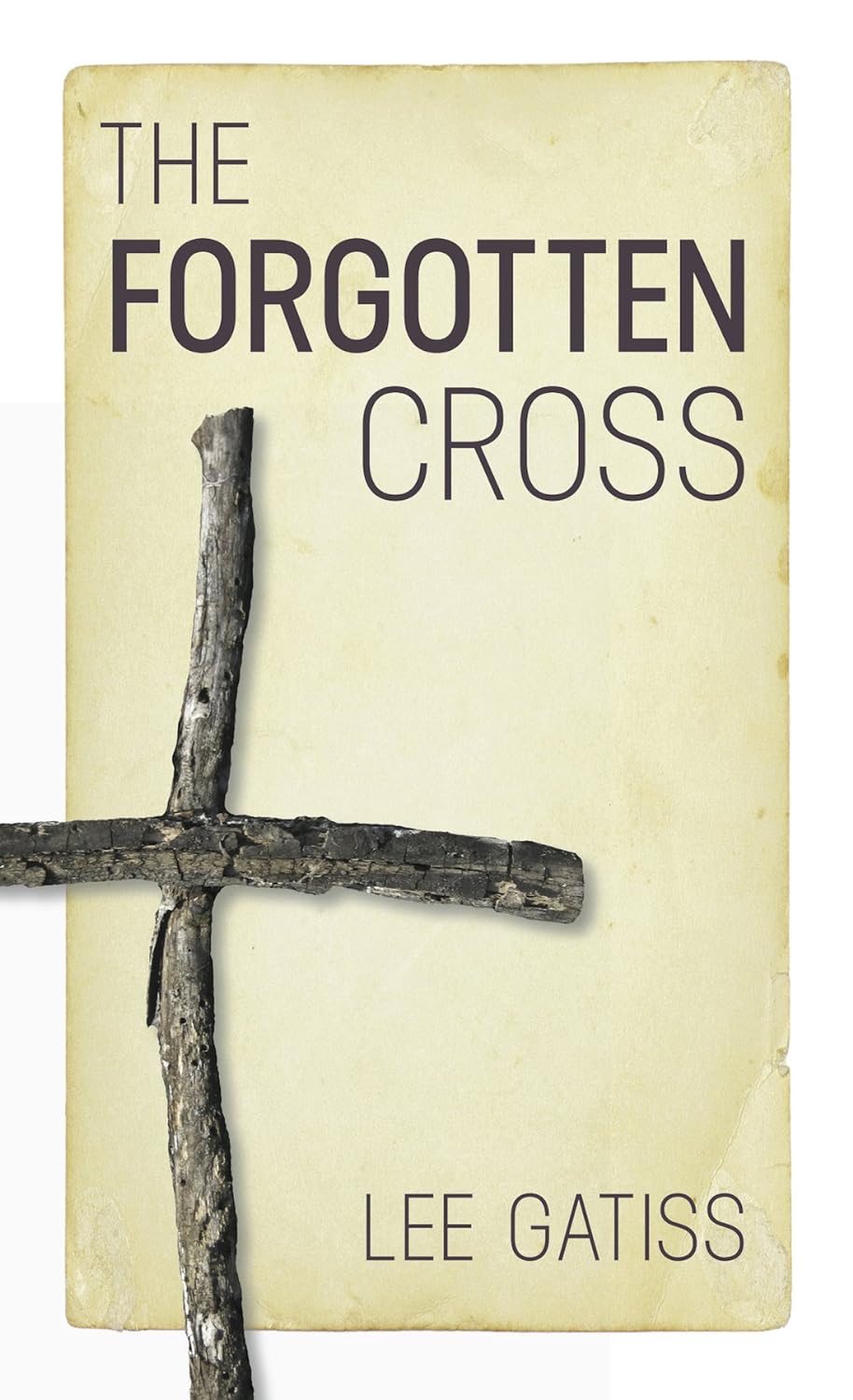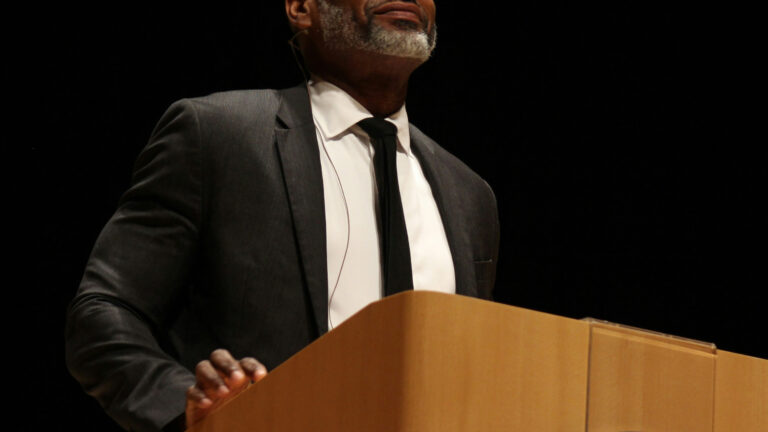In his short but stirring work, The Forgotten Cross, Lee Gatiss calls Christians back to “the poetry of the gospel, and the multifaceted beauty of the cross of our Lord Jesus Christ” (p108). As Gatiss states in his preface, such a work is necessary because the doctrine of penal substitutionary atonement (PSA) has become embattled. Gatiss notes how this has drawn much of our attention away from the wonder of the cross. However, the motif behind this book is not to enter into that debate.
Gatiss seeks to draw out some of the forgotten and neglected dimensions to Christ’s death.
Thus, Gatiss writes, “I want to affirm with all my heart that God the Son’s punishment-taking, in-my-place death is the magnificent centrepiece for all Christian theology” (p9-10). Only, “The Bible explores and applies what Jesus did on the cross in a multitude of different ways. Penal substitution is one of them—indeed, it’s the most important one…because without it, other ways of looking at the cross end up being inadequate for my salvation. But that’s not to say that penal substitution alone is fully adequate to meet my needs” (p11). Therefore, as the book’s title suggests, Gatiss seeks to draw out “some forgotten or at least neglected dimensions to Christ’s death that we would do well to recover.”
If I may interpose something, C. S. Lewis wrote in his Reflections on the Psalms, “A man can’t always be defending the truth; there must be a time to feed on it.” One of the greatest strengths of Gatiss’ book is its application, which is both practical and offers some invaluable development of truths too often ignored. There are too many examples of this pointed and expansive application, so I will highlight just three.
The Road to Glory Is Marked by Suffering
Firstly, a repeated theme of The Forgotten Cross is how glory is promised after suffering and service as we emulate our Lord. “The question we’re left with here is very simple: would you give up everything you have, and everything you’d like to have, to follow Jesus to the cross? It may not be glamorous. But in the end, even for Jesus, it’s the only way to true and lasting glory” (p40). Towards the close of the book, Gatiss baldly states, “Defeat and obscurity in the eyes of the powerful is utterly unimportant. Only the eyes of faith can perceive where true victory lies” (p107).
Only God Can Give the Recognition You Desire
Secondly, and tied to the above theme, Gatiss challenges the worldly desire for impressive ministry. In his first chapter we read, “When we see that the church in Corinth could boast of strong, well-educated, wealthy, successful people and leaders—that it was a strategic and important church…we’re not a million miles away from the culture of many evangelical churches today” (p17).

The Forgotten Cross
Lee Gatiss
This book of biblical expositions by Lee Gatiss is an important reminder that, in our warranted zeal for the truth of penal substitution, we must not downplay or ignore the rich and full range of the achievements of Christ’s cross work, and its many applications to our lives.
Gatiss challenges the worldly desire for impressive ministry and personal faith.
In the chapter on Mark 10, Gatiss puts his finger on the temptation faced by many ministers: we have the nagging sense that we are made for something greater, to be more influential and successful. Concluding that chapter, he writes, “It’s noble to want to make the biggest impact we can for the gospel. But it’s probably better for most of us, especially for the health of our souls, if that’s in a place that nobody’s ever heard of” (p40).
Thus, Gatiss reassures us, “[Jesus] knows our weakness. So we don’t have to collapse under the strain of having to appear together, to having to compete in the game of who’s the best and keenest Christian. Our Saviour was crucified, crushed to death by the weight of our sin and God’s wrath against it, so that we can be free of that pressure to perform” (p26).
There’s No Salvation Without Sanctification
Thirdly, chapter 5 of Forgotten Cross (on Titus 2) draws out the intractable link between the cross and our sanctification. The glorious point Gatiss reminded me of is this: “What we see going on at Calvary, the place where Jesus died, is of monumental significance. Father, Son, and Holy Spirit act together in concert and perfect harmony to achieve their purpose in our salvation. And part of that salvation is…our holiness, godliness, purity, and goodness” (p80).
Jesus’ work is in fact the joint work of the Triune God to make us his.
The work of Jesus on the cross is in fact the joint work of the Triune God to make us his, therefore that work extends far beyond the atonement. “[The cross] saves us from a life of going with the flow of the world. Jesus died to save us, but he also died to make us different. That was the plan. So if we’re not different, we’ve missed something in our doctrine, and are not adoring the gospel in the eyes of the world—however good we are at talking about it” (p89).
Suffering Well Prepares Us to Witness
This review of The Forgotten Cross is already too long, so I will offer just one short criticism before concluding: Gatiss’ treatment of 1 Peter (chapter 3). On the whole, this is one of the best chapters in the book. But I think that merely suffering with the same resolve and faith that Christ did fails to do justice to Peter’s epistle. Jesus stood before his enemies without sin, any harsh words or retaliation, and with full confidence in his Father, who judges justly. And I’m unconvinced that we are called to simply do the same.
Suffering like Christ has the express purpose of vividly presenting the gospel to others.
Suffering like Christ has the express purpose of vividly presenting the gospel to others, “Keep your conduct among the Gentiles honourable, so that when they speak against you as evildoers, they may see your good deeds and glorify God on the day of visitation” (1 Peter 2:12). Added to that, a little later, “Have no fear of them, nor be troubled, but in your hearts honour Christ the Lord as holy, always being prepared to make a defence to anyone who asks you for a reason for the hope that is in you” (1 Peter 3:14-15). Christ undoubtedly set an example for us in the way that we are to suffer. But how we suffer can present us with opportunities to declare the gospel of Christ as we share in his sufferings.
The Gloriously Multifaceted Cross
I read The Forgotten Cross in preparation for Easter and my heart was warmed, welcomingly challenged, and joyously reminded of the multifaceted glory of the cross. And I was convinced, most of all, because in the end Gatiss teaches the plain sense of scripture, unpacking what God has revealed, and applying it with the caring but incisive sharpness of a pastor.














